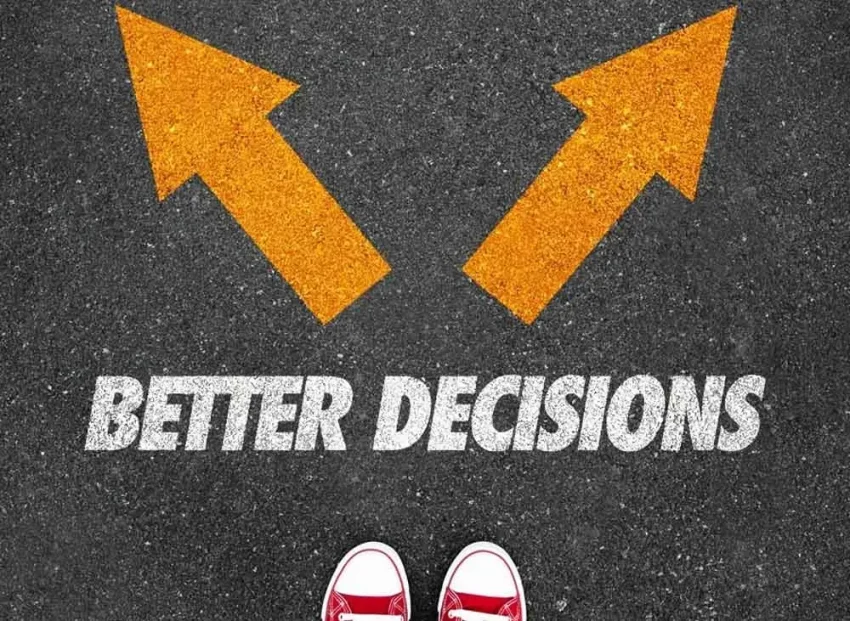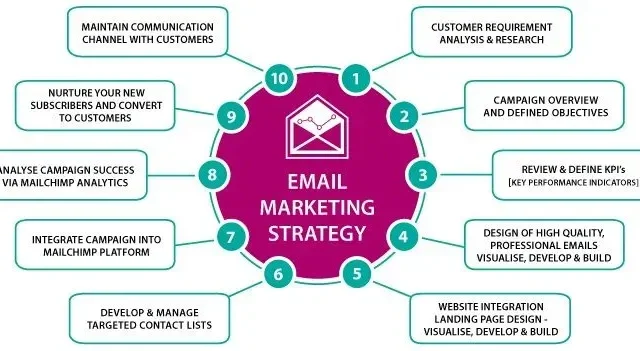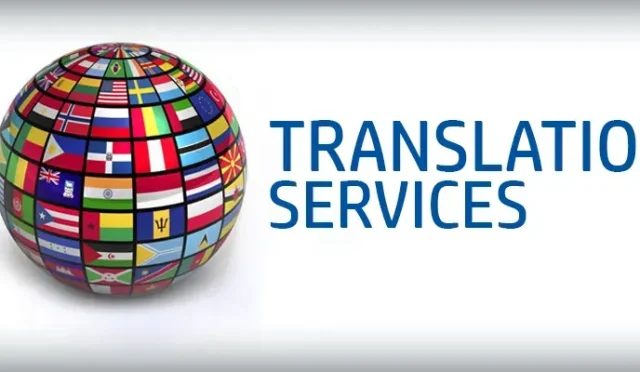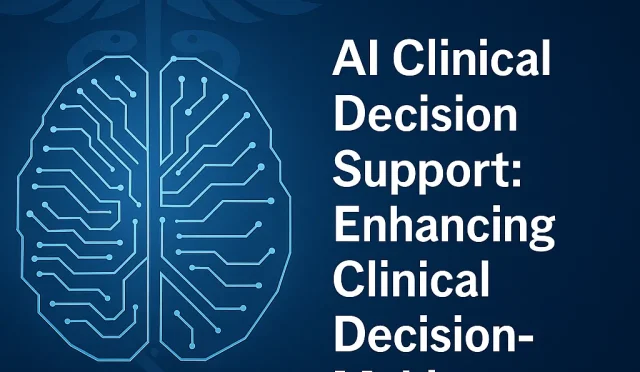Better Decisions: Science-Backed Tips for Decision-Making
Making better decisions is an essential skill that can significantly enhance our daily lives and overall well-being. Whether we find ourselves facing the simple dilemma of choosing between a burger or meatloaf, or grappling with more complex life choices, our decision-making process plays a crucial role. Scientific studies reveal that understanding our cognitive biases and the explore-exploit dilemma can dramatically improve decision making. By employing scientific decision making techniques, we can clarify our options, weigh potential outcomes, and ultimately make choices that align with our goals. Learning how to improve decision making can lead to not only better outcomes but also greater satisfaction in the long run.
When it comes to making informed choices, honing our ability to navigate uncertainties is paramount. Decision-making prowess encompasses various strategies, including weighing potential risks and rewards, which often fall under terms such as explorative selection and exploiting familiar options. By analyzing past experiences and understanding the psychological factors at play, individuals can refine their approach to selecting paths forward. This blend of analytical and intuitive practices ensures a more robust decision-making framework, ultimately guiding us toward optimal life outcomes. Engaging with this topic not only builds confidence but also empowers us to tackle both mundane and pivotal choices with clarity.
Understanding the Explore/Exploit Dilemma
The explore/exploit dilemma is a fundamental concept in decision making that reflects the internal struggle between leveraging known options and venturing into new possibilities. This cognitive conflict is prevalent across various life spheres, from mundane choices, like dining preferences, to more significant life decisions involving career paths and relationships. Renowned researcher James March identified this tension as pivotal in achieving sustainable learning and growth, acknowledging that while familiar options guarantee safety, they can also stifle potential advancements and experiences. Navigating this dilemma effectively can lead to more deliberate and rewarding choices, as individuals weigh the risk of trying the unfamiliar against the comfort of known quantities.
By understanding the dynamics of the explore/exploit dilemma, individuals can enhance their decision-making capabilities. This understanding encourages people to embrace a balanced approach, where exploring new avenues can yield meaningful rewards over time, despite initial discomfort. The implications of this can be profound—one might discover new interests, professional paths, or relationships that dramatically improve their quality of life. Cognitive biases often hinder this journey, leading individuals to stick with the familiar due to the fear of loss or regret. Recognizing these biases is the first step in making better decisions that embrace both exploration and exploitation.
Frequently Asked Questions
What are some strategies to make better decisions in everyday life?
To make better decisions in everyday life, consider adopting these strategies: embrace the explore/exploit dilemma by balancing familiar choices with new experiences, evaluate opportunities based on potential long-term benefits, and utilize rational decision-making frameworks like the Upper Confidence Bound algorithm to minimize regrets. Being aware of cognitive biases also helps enhance decision-making.
How does the explore/exploit dilemma affect decision making?
The explore/exploit dilemma significantly influences decision-making by presenting a choice between sticking with known options (exploitation) and venturing into the unknown (exploration). Navigating this balance is essential for personal and professional growth, as it allows individuals to find new opportunities while not overlooking reliable choices that yield success.
What role do cognitive biases play in improving decision making?
Cognitive biases can hinder decision making by leading individuals to make irrational choices based on emotions or preconceived notions. By recognizing these biases, such as confirmation bias or anchoring, people can implement strategies to counteract their effects, thereby improving their decision-making process and leading to that better decisions.
Why is scientific decision making important for better decisions?
Scientific decision making is crucial for better decisions because it leverages empirical evidence and structured approaches to assess choices. By applying research and data-driven methods, individuals can evaluate different options objectively, leading to more informed decisions and minimizing the risk of regret.
How can analyzing past decisions help in making better decisions in the future?
Analyzing past decisions helps identify patterns and outcomes related to different choices made. This reflection allows individuals to learn from previous explore/exploit dilemmas, understand what went wrong or right, and apply these insights to improve their future decision-making strategy, leading to better decisions overall.
What is the Upper Confidence Bound algorithm and how does it aid in decision making?
The Upper Confidence Bound (UCB) algorithm assists in decision making by guiding individuals toward options with the highest potential rewards while minimizing regret. This approach analyzes probabilities and performance over time, allowing decision-makers to assess risks and choose paths that optimize their chances of success, which is key for making better decisions.
How can I reduce cognitive overload when making decisions?
To reduce cognitive overload in decision making, simplify your choices by setting clear criteria for evaluation, limit the number of options you consider, and allocate time effectively for both exploration and exploitation phases. Taking breaks and consulting others can also provide clarity, ultimately leading to better decisions with less mental strain.
What can I do to improve my explore/exploit decision-making process?
To improve your explore/exploit decision-making process, begin by actively seeking out new experiences, testing options, and gathering data before committing to a choice. Use structured decision-making frameworks, reflect on past decisions to learn from outcomes, and consciously challenge your cognitive biases to make better decisions.
How can I apply decision-making principles from psychology to improve my choices?
Apply decision-making principles from psychology by understanding cognitive biases, utilizing structured frameworks for evaluation, and applying insights from behavioral science. This can include creating scenarios, weighing potential outcomes, and recognizing emotional influences—ultimately leading to more effective and better decisions.
How does long-term planning influence better decision making?
Long-term planning influences better decision making by providing a broader perspective on potential outcomes and benefits. By focusing on long-term goals rather than immediate gratification, individuals can navigate the explore/exploit dilemma more wisely, ensuring choices align with their overall objectives and values.
| Key Points | Explanation |
|---|---|
| Explore/Exploit Dilemma | Refers to the tension between sticking to familiar options (exploitation) versus trying new ones (exploration). This dilemma influences decisions from dining choices to career paths. |
| Long-Term vs Short-Term | Harvard’s analysis indicates that while short-term exploration may yield disappointing results, over time, it leads to better dining experiences and enhanced decision-making. |
| First Explore, Then Exploit | A strategy involving sampling various options (exploration) before committing to one (exploitation). This approach has proven effective across job hunting and creative professions. |
| Optimism in Facing Uncertainty | Adopting strategies like the Upper Confidence Bound algorithm can help minimize regret by favoring options with the highest potential benefits, even when outcomes are uncertain. |
Summary
Making better decisions is essential for navigating the complexities of life, and understanding the explore/exploit dilemma can significantly enhance our decision-making process. By balancing exploration and exploitation, we can identify the right opportunities that might otherwise be overlooked. Remember, while it’s tempting to stick with what we know, venturing into new territories can lead to exciting discoveries and improved outcomes in both personal and professional spheres.
#BetterDecisions #DecisionMakingTips #ScienceOfChoices #SmartChoices #CognitiveSkills








